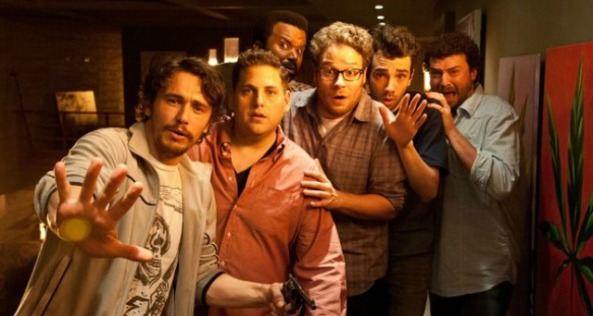I’m going to level with you. If you’re working a day job like I have been for the past three months, seeing 30 movies in one season, let alone a year, seems pretty optimistic.
I on the other hand, am crazy, and there are a number of movies that, ultimately see them or not, I at least want to be able to comment on. I managed to limit that list to 30 movies this year. I don’t know if that says more about me or 2013’s crop of movies if I don’t even have a snide comment to give to “The Smurfs 2,” amongst others.
For my convenience, I’ve ordered them in terms of my excitement level, and not the overall din of noise surrounding each one.

Pretty Stoked
Before Midnight – May 24
“Before Midnight” took Sundance by storm this past January, rocketing it to the top of anyone who knows and cares about movies most-anticipated list for the year, not just the summer. Why? Because Director Richard Linklater has returned to his match made in indie heaven, Jesse and Celine (Ethan Hawke and Julie Delpy), for the third time. Maintaining the timeline of nine years after where 2004’s “Before Sunset” left off, and 18 years after 1995’s “Before Sunrise,” Linklater has made another daring experimental gem that may be the only Sundance film to get Oscar attention.
This Is the End – June 14
“This is the End” first caught my attention with their hilarious redband trailer on the presumed Doomsday last December. And in a way, the marketing campaign has now been centered around Mindy Kaling’s strange sexual affinity with Michael Cera. For years though, Seth Rogen and company have made movies that embodied their perceived personas and little else, so why not make a movie that embraces them? It may feel like a full length Funny or Die sketch, it may be too focused on ridiculous action scenes, and it may spawn a wave of comedies in which actors play themselves, but it looks absolutely uproarious. Continue reading “Summer Movie Preview 2013”